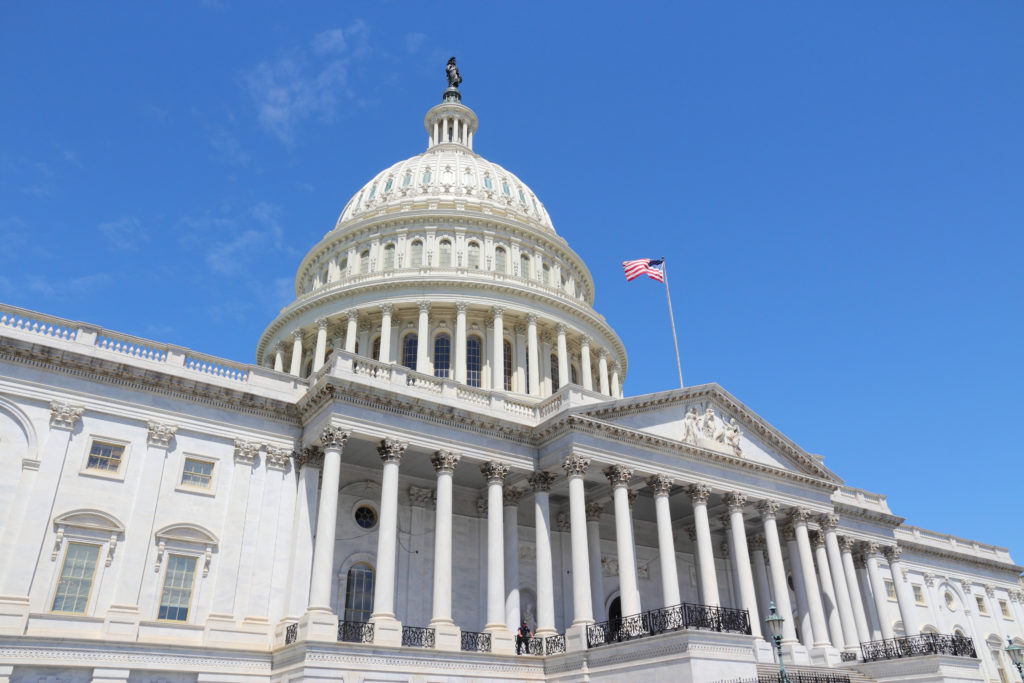Today we thank Congress and the administration for working together in a bipartisan effort to again advance critical legislation to promote and accelerate the development of treatments and cures for rare diseases by passing the FDA Reauthorization Act (FDARA) (P.L. 115-52), which was signed into law by President Trump on August 18. This comprehensive legislation includes the Prescription Drug User Fee Act (PDUFA), Medical Device User Fee Amendments (MDUFA), Generic Drug User Fee Amendments (GDUFA), and Biosimilar User Fee Act (BsUFA), which collectively set out how user fees will be used and collected by FDA for the next five years.
Over the years, the user fees paid by industry have proven critical to the health of the FDA. These fees, first enacted in 1992, provide for critical resources needed to conduct product reviews in a timely fashion and to help ensure the safety and effectiveness of medical products that all Americans depend upon. The user fee laws, along with corresponding program enhancements, have helped accelerate the drug and device review process in the U.S., allowing patients access to new and innovative treatments as quickly as possible without compromising merit.
Drug and therapy development is particularly challenging for rare diseases, and all of the neuromuscular diseases that MDA covers are classified as “rare”. In the US, for a disease to be considered a rare disorder, it must affect fewer than 200,000 Americans. Each of the more than 40 disorders under MDA’s umbrella—including the multiple forms of muscular dystrophy, amyotrophic lateral sclerosis (ALS) and spinal muscular atrophy (SMA)—are classified as rare diseases for which there are few treatments—and no cures. Over the past decades the FDA has made a significant effort to accelerate and promote development of therapies to serve the rare disease population. FDA has again recognized the need for promoting rare disease therapy development by including several provisions in, FDARA—that build on provisions contained in the 21st Century Cures Act (P.L. 114-255), including::
- administering critical improvements to FDA’s review of orphan therapies and medical devices by eliminating the orphan drug designation request backlog and committing to a 90-day response time for new orphan drug designation requests which will result in speedier regulatory review;
- expanding the FDA Rare Diseases Program, which is responsible for facilitating, supporting and accelerating the development of drug and biologic products for the benefit of patients with rare disorders, by integrating program staff into the development and review teams which will result in meaningful incorporation of rare disease considerations into the full scope of the development and review cycles;
- strengthening the expedited review pathway for breakthrough therapies that allows for one or more drugs to treat a serious or life threatening disease or condition to be expedited through the development and review process by allocating additional resource for its continued success;
- developing a process by which real-world evidence can be utilized, which is critical as having an approach for how to apply such data and information will be essential to its use and application in regulatory science;
- continuation of the Patient-Focused Drug Development (PFDD) program which provides a mechanism for the patient voice to be included in the information utilized by the FDA in the regulatory review process, ensuring that patient preferences, benefit/risk considerations and experiences are included in the FDA’s assessment of potential therapies; and
- the creation of the National Evaluation System for health Technology (NEST), which is intended to efficiently generate evidence for medical device evaluation and regulatory decision-making.
MDA is proud to have been involved in the process impacting the reauthorization of the FDA user fee agreement and welcome you to read our comments filed with FDA in response to the Prescription Drug User Fee Agreement (PDUFA) Reauthorization Performance Goals and Procedures for Fiscal Years 2018-2022 here.

